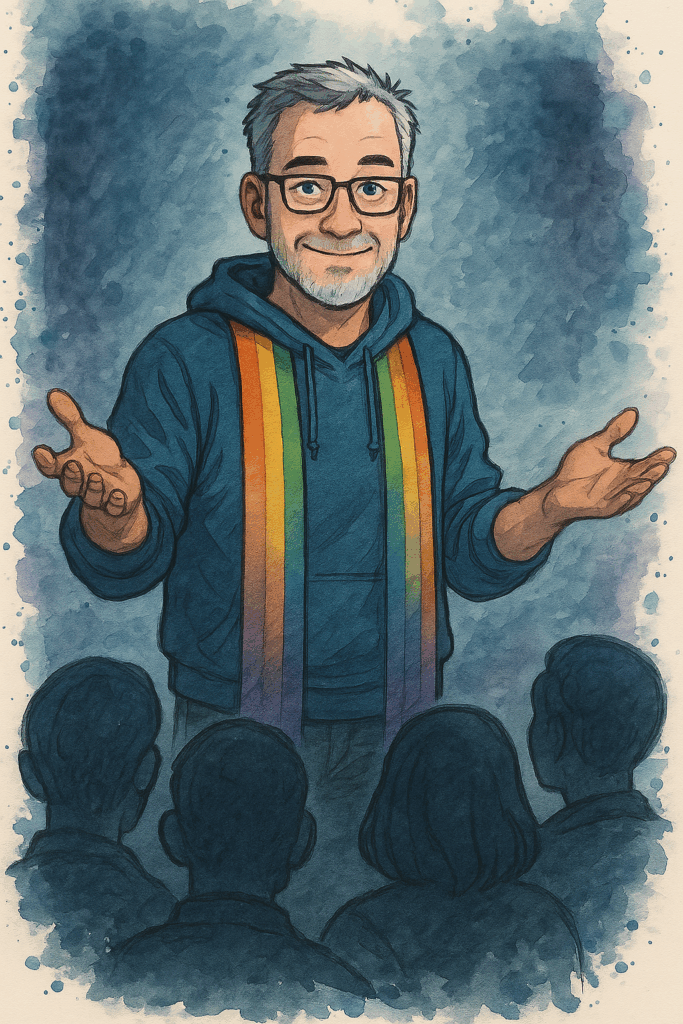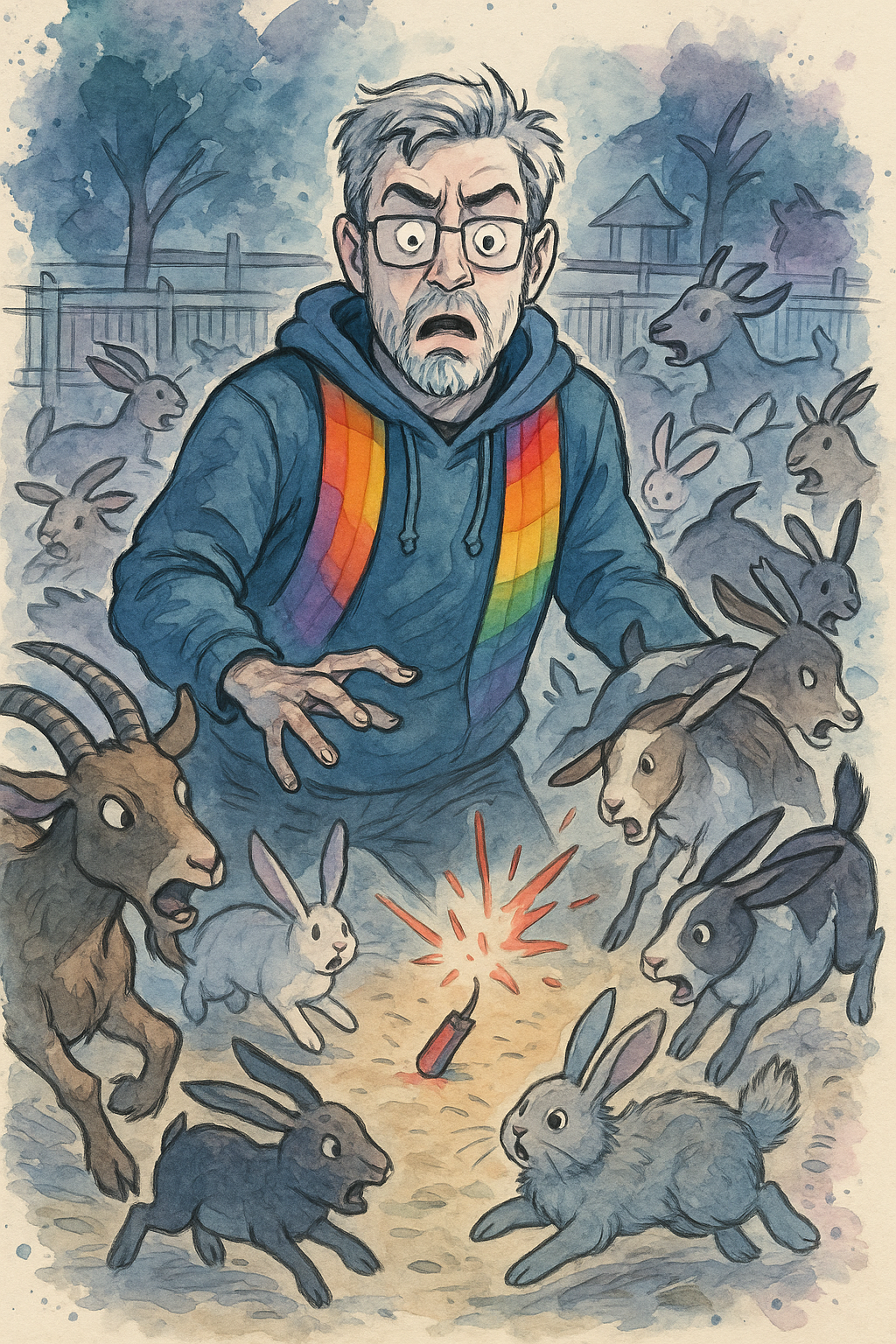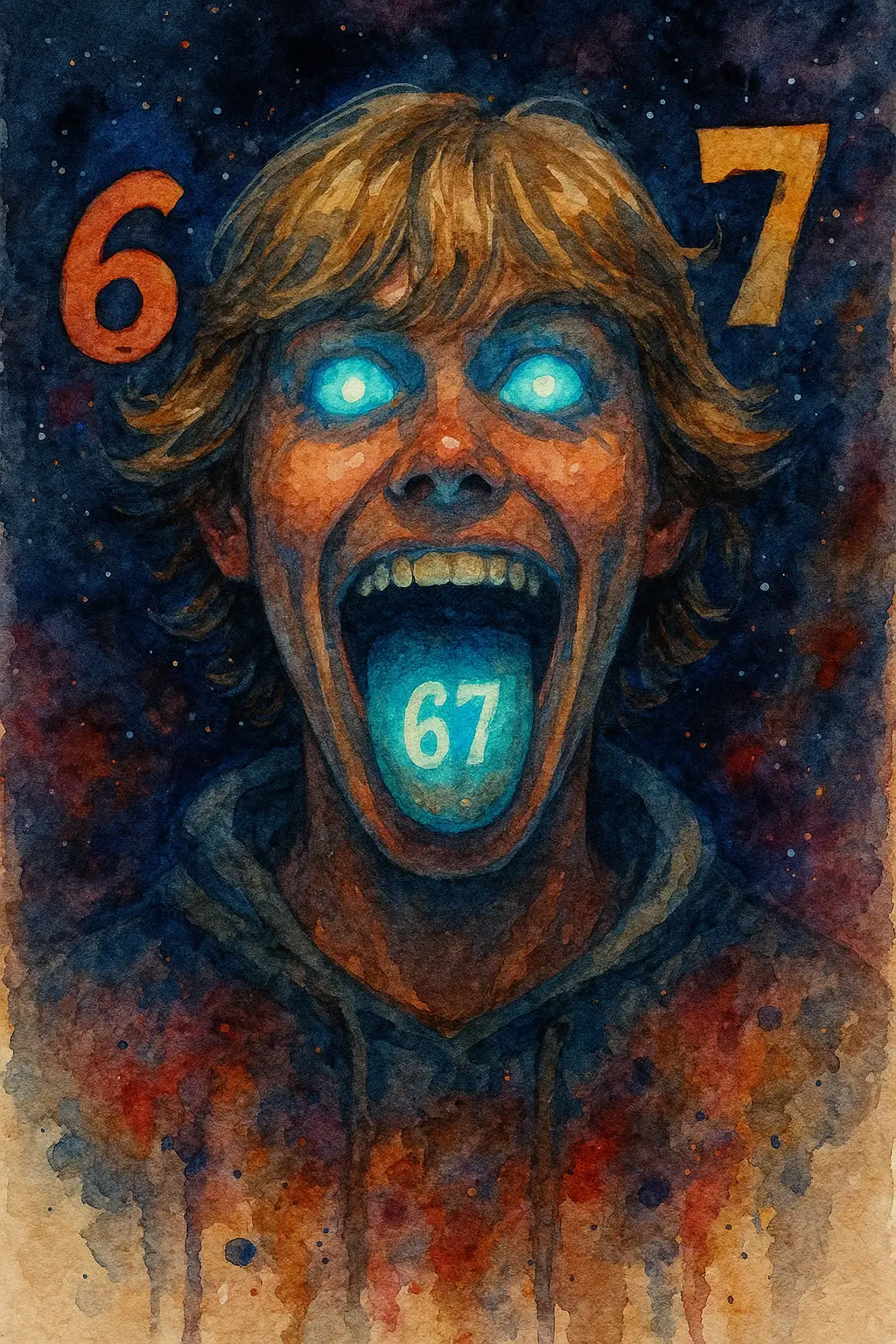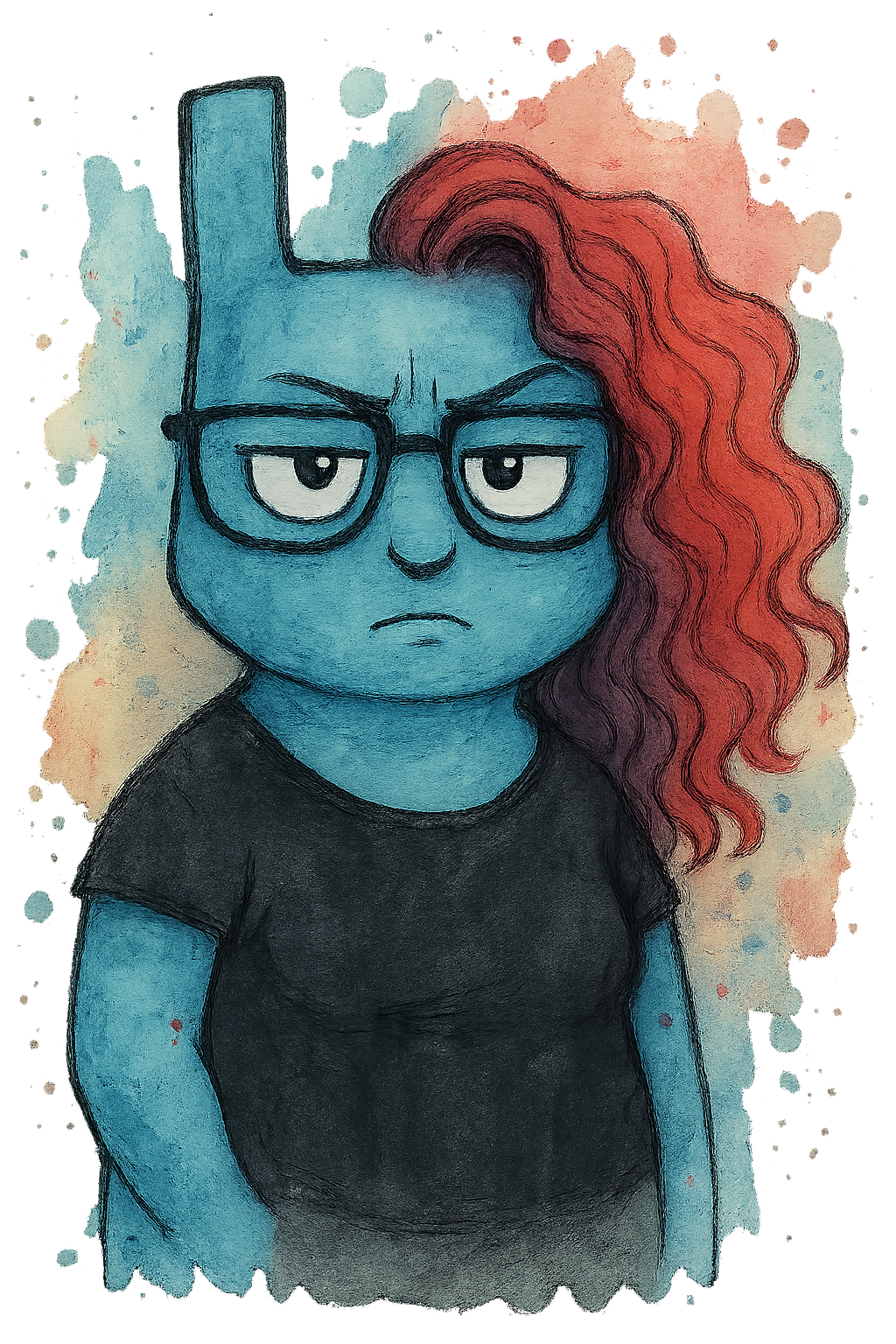– A Practical Guide to Owning It When You Screw Up
So.
You messed up.
You weren’t kind. You weren’t nice. You weren’t even funny. You just… said the thing. The wrong thing. The too-sharp, too-loud, definitely-regret-it thing.
Now what?
Let’s be clear: Failure is Mandatory. That’s not just a slogan—it’s a cornerstone. We expect each other to fall short sometimes. And when we do, the next move matters. You don’t need a ritual. You don’t need a PDF. You need an apology.
Here’s how to do it without making it worse.
Start With This: People Already Know
If you realized you were out of line, chances are they did too. You’re not revealing a secret by admitting it—you’re proving you have integrity.
Done right, a sincere apology doesn’t weaken your credibility; it builds it. You gain trust. You show self-awareness. You demonstrate that accountability isn’t just a buzzword—it’s a muscle you’re willing to flex.
But let’s talk about what not to do.
Beware the Blameless Apology™
If you’ve ever worked in customer service, you’ve met this linguistic little gremlin:
- “I’m sorry you feel that way.”
- “I’m sorry that happened to you.”
- “That sounds very frustrating.”
These are called Blameless Apologies. They’re designed to express sympathy without admitting fault. Corporate lawyers adore them. And hey—sometimes they’re useful. Not every bad situation involves wrongdoing.
But when you’ve actually said something harmful? When you know you stepped over the line? A Blameless Apology sounds like what it is: a dodge.
People can tell. And it usually just pisses them off more.
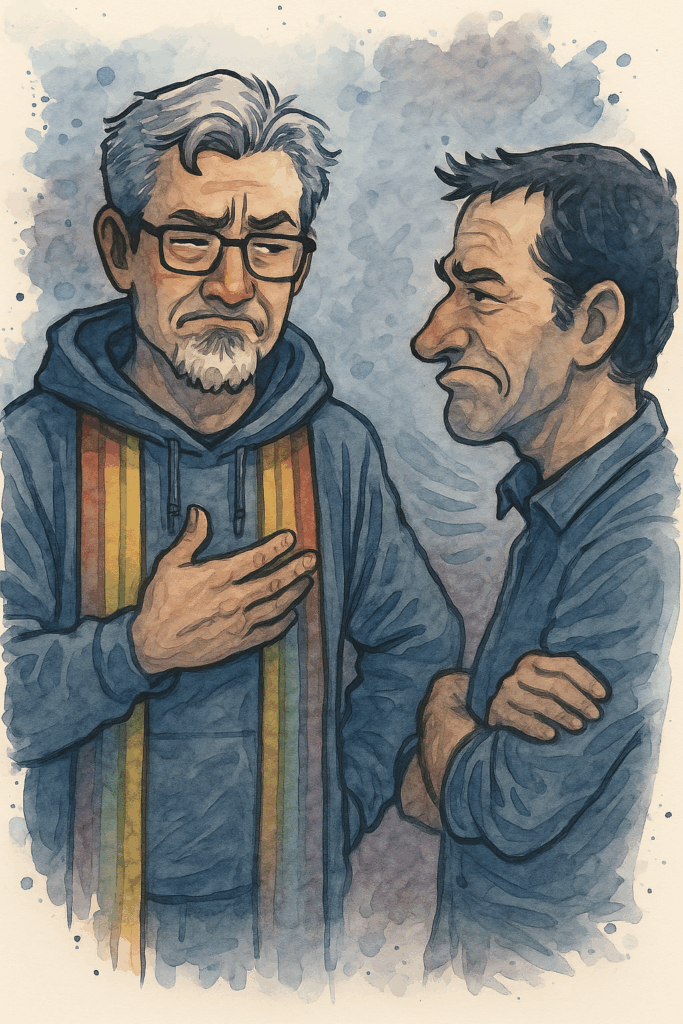
What “Sorry” Actually Means
English is weird. The word “sorry” comes from the same root as “sore” and “sorrow.” It’s about feeling pain—either your own or someone else’s. That’s why we say “sorry” when someone’s hurting, even if we had nothing to do with it.
But in an apology, “sorry” should mean:
“I wish I hadn’t done that.”
“I see where I went wrong.”
“I understand that I hurt you.”
Say it. Mean it. But don’t confuse it with a magic spell that resets everything.
Saying Sorry Doesn’t Earn You Forgiveness
This is the part people don’t like.
Even if your apology is heartfelt, vulnerable, and beautifully worded—it doesn’t entitle you to anything. You don’t get a loyalty punch card for remorse. You don’t get to demand the other person “move on.” Sometimes, you just have to live with the fact that someone no longer wants to be close to you.
It sucks. But it’s not cruelty. It’s consequence.
Accountability ≠ Self-Flagellation
Let’s be clear: owning your mistake doesn’t mean rolling in it like a dog in mud. You don’t have to grovel. You don’t need to spiral. But you do need to back your words with changed behavior.
Sometimes an apology includes action:
- Replacing what was broken.
- Correcting misinformation.
- Making amends in a tangible way.
Other times, it’s just not doing the same thing again. That counts, too.
A Real-Life Example (Because I’m Not Just Theoretical)
Not too long ago, I was texting my wife. One of those mundane “who’s picking up the groceries” kind of threads. It escalated. She said something that stung.
And I was just about to reply with equal heat—when she sent:
“I’m sorry. That was out of line.”
Just like that. No qualifiers. No blame-shifting. And because she caught herself, I didn’t have to retaliate. That apology changed the whole tone. We got to walk it back before it spiraled.
Admitting you’re wrong is not weakness. Doubling down? That’s the coward’s move.
In Conclusion: Apologize Like You Mean It
You’re going to mess up. So am I. That’s baked into the system.
But when it happens, don’t just default to damage control. Apologize like someone who gives a damn. Skip the loopholes. Ditch the lawyer-speak. Tell the truth.
That’s not just good manners. That’s moral courage.
And in the Cult of Brighter Days, we don’t expect perfection.
We just expect you to own it when you fall short.
No ritual needed. Just a real human trying again.
Which, honestly, is all any of us are.
